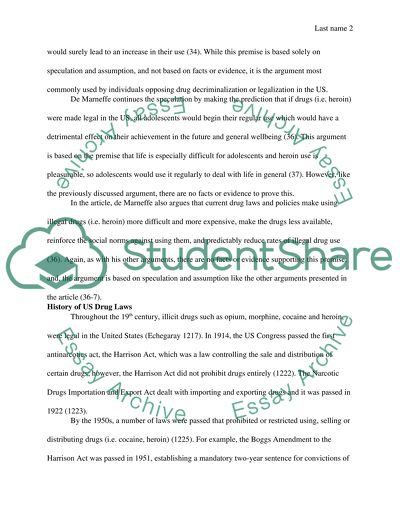Cite this document
(“Decriminalizing Drugs Essay Example | Topics and Well Written Essays - 1250 words”, n.d.)
Retrieved from https://studentshare.org/environmental-studies/1419057-decriminalizing-drugs
Retrieved from https://studentshare.org/environmental-studies/1419057-decriminalizing-drugs
(Decriminalizing Drugs Essay Example | Topics and Well Written Essays - 1250 Words)
https://studentshare.org/environmental-studies/1419057-decriminalizing-drugs.
https://studentshare.org/environmental-studies/1419057-decriminalizing-drugs.
“Decriminalizing Drugs Essay Example | Topics and Well Written Essays - 1250 Words”, n.d. https://studentshare.org/environmental-studies/1419057-decriminalizing-drugs.


